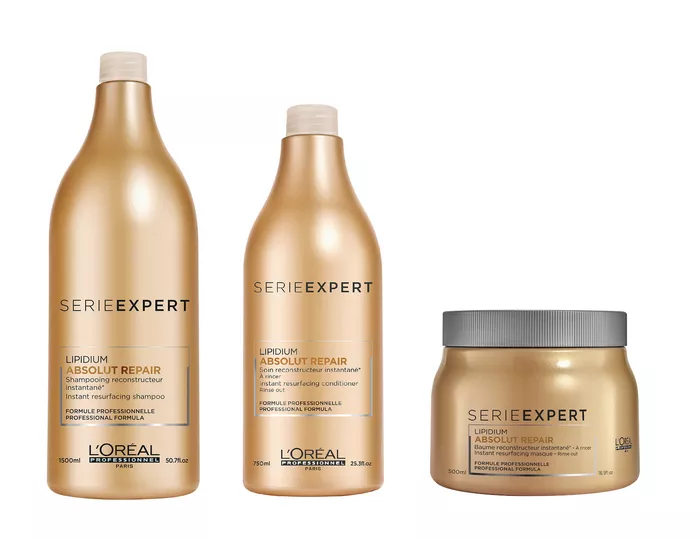Bleaching hair is a popular trend, offering individuals the opportunity to experiment with different colors and styles. However, the chemical process of bleaching can leave hair dry, damaged, and in need of extra care. One common remedy that has gained popularity in recent years is coconut oil. But is coconut oil safe for bleached hair? In this article, we’ll delve into the benefits and potential risks associated with using coconut oil on bleached hair.
Understanding the Effects of Bleaching
Before exploring the safety of coconut oil for bleached hair, it’s crucial to understand the impact of the bleaching process. Bleaching involves the use of chemicals, such as hydrogen peroxide, to remove the natural pigment from the hair shaft. While this results in the desired lighter hair color, it can also strip the hair of its natural oils and moisture, leaving it prone to dryness, frizz, and breakage.
The Benefits of Coconut Oil for Bleached Hair
Moisture Retention:
Coconut oil is known for its excellent moisturizing properties. Its molecular structure allows it to penetrate the hair shaft, providing deep hydration. For bleached hair, which is often parched and in need of moisture, coconut oil can be a valuable ally in restoring softness and shine.
Protein Replenishment:
Bleached hair tends to lose protein, leading to weakened strands. Coconut oil contains lauric acid, which has an affinity for protein and can help replenish it. This can contribute to stronger and more resilient hair, reducing the risk of breakage.
Reducing Protein Loss during Washing:
Washing bleached hair can exacerbate protein loss. Applying coconut oil as a pre-shampoo treatment forms a protective layer, helping to reduce protein loss during washing and maintaining the integrity of the hair shaft.
Enhancing Manageability:
Coconut oil’s lubricating properties can improve the manageability of bleached hair, making it easier to comb and style. This is especially beneficial for those dealing with tangles and knots caused by the damage from the bleaching process.
How to Use Coconut Oil on Bleached Hair
While coconut oil can offer numerous benefits to bleached hair, it’s essential to use it correctly to maximize its effectiveness:
Pre-Shampoo Treatment:
Apply coconut oil to dry hair before shampooing. Leave it on for at least 30 minutes, or overnight for deeper penetration. This pre-shampoo treatment can help protect the hair during the washing process.
Post-Wash Leave-In Treatment:
After washing and conditioning, apply a small amount of coconut oil to the lengths and ends of your hair. This can serve as a leave-in treatment to lock in moisture and enhance shine.
Weekly Deep Conditioning:
Incorporate a weekly deep conditioning treatment by generously applying coconut oil to your hair, covering it with a shower cap, and leaving it on for an extended period. This can provide intensive hydration and repair for severely damaged bleached hair.
Potential Risks and Considerations
While coconut oil can be beneficial for many individuals, it’s important to note that not everyone’s hair reacts the same way. Some considerations include:
Hair Type:
Coconut oil may not be suitable for everyone, particularly those with fine or low-porosity hair. It’s essential to conduct a patch test and monitor how your hair responds to avoid potential adverse effects.
Amount Used:
Using excessive amounts of coconut oil may lead to a greasy feel, especially for individuals with finer hair. Start with a small amount and adjust according to your hair’s needs.
Frequency of Use:
While coconut oil can be a valuable addition to your hair care routine, using it too frequently may lead to product buildup. Strike a balance and use it as needed based on your hair’s condition.
See Also: How to Exfoliate Your Scalp: A Step-by-Step Guide
Conclusion
In conclusion, coconut oil can be a safe and effective option for treating bleached hair. Its ability to moisturize, replenish protein, and enhance manageability makes it a popular choice among those seeking to revive damaged strands. However, individual results may vary, and it’s crucial to be mindful of factors such as hair type, the amount used, and the frequency of application. As with any hair care product, a personalized approach is key to achieving the best results and maintaining the health of your bleached hair.


